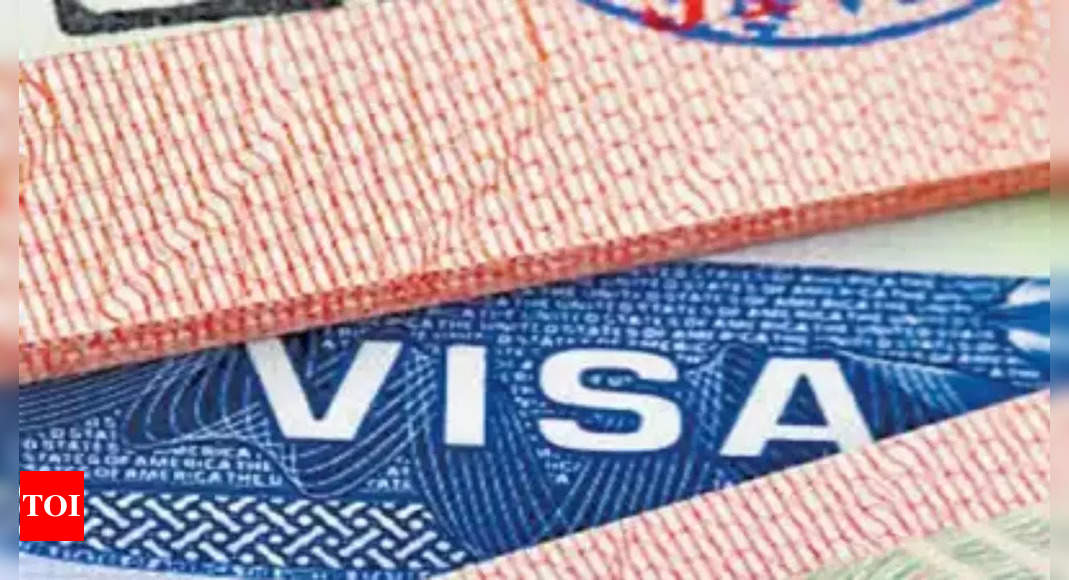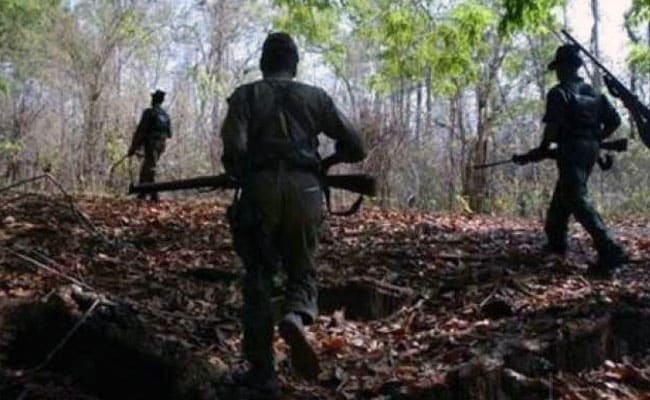
WHITE RIVER: South Africa cancelled Saturday the visas of 95 Libyans rounded up at a remote camp that authorities said appeared to be an illegal military training base.
The men were detained Friday in a raid at the camp in a rural part of the northeastern province of Mpumalanga, which borders Mozambique and Eswatini.
Police said the Libyans entered South Africa in April on visas issued for training as security guards.However, police suspected they were receiving military training.
The Home Affairs department said it had cancelled the visas which were “irregularly acquired” in the Tunisian capital Tunis and based on “misrepresentation”.
Police said they acted on a tip-off when they raided the camp just outside the town of White River, about 360 kilometres (220 miles) east of Johannesburg.
“The place, which was initially designated as a training site, appears to have been converted into an illegal military training base,” they said Friday.
A sign leading to the facility describes it as an academy offering “specialised security training”.
Authorities would not update reporters on the investigation until the country’s top police and security officials arrived at the scene on Saturday.
South Africa has porous borders and high corruption and criminality that experts say have made it fertile ground for criminal syndicates. It also has a huge private security industry that includes training.
The owner of the security company said to be running the facility was a South African national, police spokesman Donald Mdhluli told AFP Friday.
Most of the detained men did not speak English and it was not immediately clear whether they were affiliated to any group, he said.
Libya is struggling to recover from years of unrest after the 2011 overthrow of longtime dictator Moamer Kadhafi. It is split between a UN-recognised government in Tripoli and the rival administration backed by strongman Khalifa Haftar in the east.
Rival factions are known to have sought security training with private companies abroad to create elite military units, Jalel Harchaoui, an associate fellow at the Royal United Services Institute in Britain, told AFP.
The UN-recognised Libyan government said in a statement it “formally and clearly denies” any affiliation with the group in South Africa.
People living around the camp told AFP that the men had been in the area since around April.
“They would come and sell their clothes… they would come buy alcohol and try to talk to us,” said Ayanda Shabangu, 20.
The men were detained Friday in a raid at the camp in a rural part of the northeastern province of Mpumalanga, which borders Mozambique and Eswatini.
Police said the Libyans entered South Africa in April on visas issued for training as security guards.However, police suspected they were receiving military training.
The Home Affairs department said it had cancelled the visas which were “irregularly acquired” in the Tunisian capital Tunis and based on “misrepresentation”.
Police said they acted on a tip-off when they raided the camp just outside the town of White River, about 360 kilometres (220 miles) east of Johannesburg.
“The place, which was initially designated as a training site, appears to have been converted into an illegal military training base,” they said Friday.
A sign leading to the facility describes it as an academy offering “specialised security training”.
Authorities would not update reporters on the investigation until the country’s top police and security officials arrived at the scene on Saturday.
South Africa has porous borders and high corruption and criminality that experts say have made it fertile ground for criminal syndicates. It also has a huge private security industry that includes training.
The owner of the security company said to be running the facility was a South African national, police spokesman Donald Mdhluli told AFP Friday.
Most of the detained men did not speak English and it was not immediately clear whether they were affiliated to any group, he said.
Libya is struggling to recover from years of unrest after the 2011 overthrow of longtime dictator Moamer Kadhafi. It is split between a UN-recognised government in Tripoli and the rival administration backed by strongman Khalifa Haftar in the east.
Rival factions are known to have sought security training with private companies abroad to create elite military units, Jalel Harchaoui, an associate fellow at the Royal United Services Institute in Britain, told AFP.
The UN-recognised Libyan government said in a statement it “formally and clearly denies” any affiliation with the group in South Africa.
People living around the camp told AFP that the men had been in the area since around April.
“They would come and sell their clothes… they would come buy alcohol and try to talk to us,” said Ayanda Shabangu, 20.









